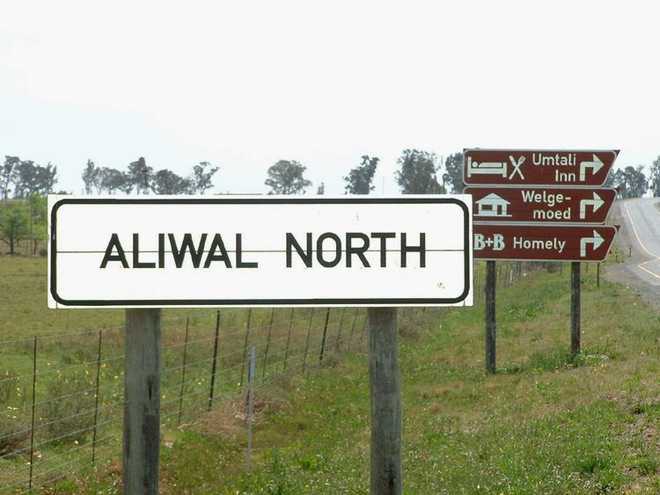Vikramdeep Johal
Tribune News Service
Chandigarh, March 25
About 9,000 km from the heat and dust of Ludhiana’s Aliwal village is Aliwal North, a town located along the Orange river in South Africa’s East Cape province. The former is known for a decisive battle fought on January 28, 1846, as part of the First Anglo-Sikh War; the latter’s main attractions are its hot springs, recommended for people afflicted with rheumatism and chest ailments. The two places seem to have nothing in common except their name. The similarity, however, is no coincidence.
It was Sir Harry Smith (1787-1860) who led the British troops to an emphatic victory in the Battle of Aliwal despite being heavily outnumbered by the Sikh forces, which were commanded by aristocrat-warrior Ranjodh Singh Majithia. British military historian John Fortescue called it the “battle without a mistake.”
Queen Victoria bestowed the title of “baronet of Aliwal on the Sutlej” on Smith, while the British Parliament acknowledged his achievement with a vote of thanks. He also distinguished himself in the Battle of Sabraon (Ferozepur) on February 10, 1846. A year later, Smith was sent to South Africa as the Governor of Cape Colony, with the rank of Lt General. In 1849, he founded a town, calling it Aliwal North to commemorate his epic win over the Sikhs (it continues to be the official name). Eager to stamp his authority on the locals, he rechristened Mossel Bay, a harbour town in Western Cape Province, as Aliwal South, but the new name never caught on and was soon discarded. Two other South African towns, Harrismith and Ladysmith, were named after Harry Smith and his Spanish wife Juana María de los Dolores de León Smith.
“Sir Harry Smith was a veteran of the Napoleonic Wars, including the Battle of Waterloo. The skirmish at Baddowal saw the Sikhs deal a blow to the British forces, but he redeemed himself at Aliwal,” says Gurinder Singh Mann, director of the Sikh Museum Initiative, a UK-based heritage preservation organisation. Mann, architect of the multimedia project ‘Anglo-Sikh Wars: Battles, Treaties and Relics’, is currently visiting battle sites across Punjab.
The desi Aliwal has two memorials – the ‘Flame of Memory’ built by the British a few years after the bloody face-off, and the other raised by sarpanch Pargat Singh Dhillon in 2015 with the help of then Dakha MLA Manpreet Ayali, the SGPC, local residents and NRIs. However, its South African connection is little known. When informed about it, Pargat said, “It’s a pleasant surprise. This gives us another reason to promote Aliwal on a big scale. We want to put this historical place on the national or international tourist map, but need help from the authorities and elected representatives.”
Shoal steeped in history
South Africa has a popular spot of marine tourism called Aliwal Shoal, a rocky reef near Durban in KwaZulu-Natal province that offers scuba diving and cageless shark diving. It’s named after SS Aliwal, a three-mast ship that set sail from England to Natal in September 1849 under the command of Captain James Anderson and nearly collided with the shoal. He duly alerted fellow captains about “a very large and dangerous rock, with heavy breakers.” No prizes for guessing how the ship got its name.
Unlock Exclusive Insights with The Tribune Premium
Take your experience further with Premium access.
Thought-provoking Opinions, Expert Analysis, In-depth Insights and other Member Only Benefits
Already a Member? Sign In Now











